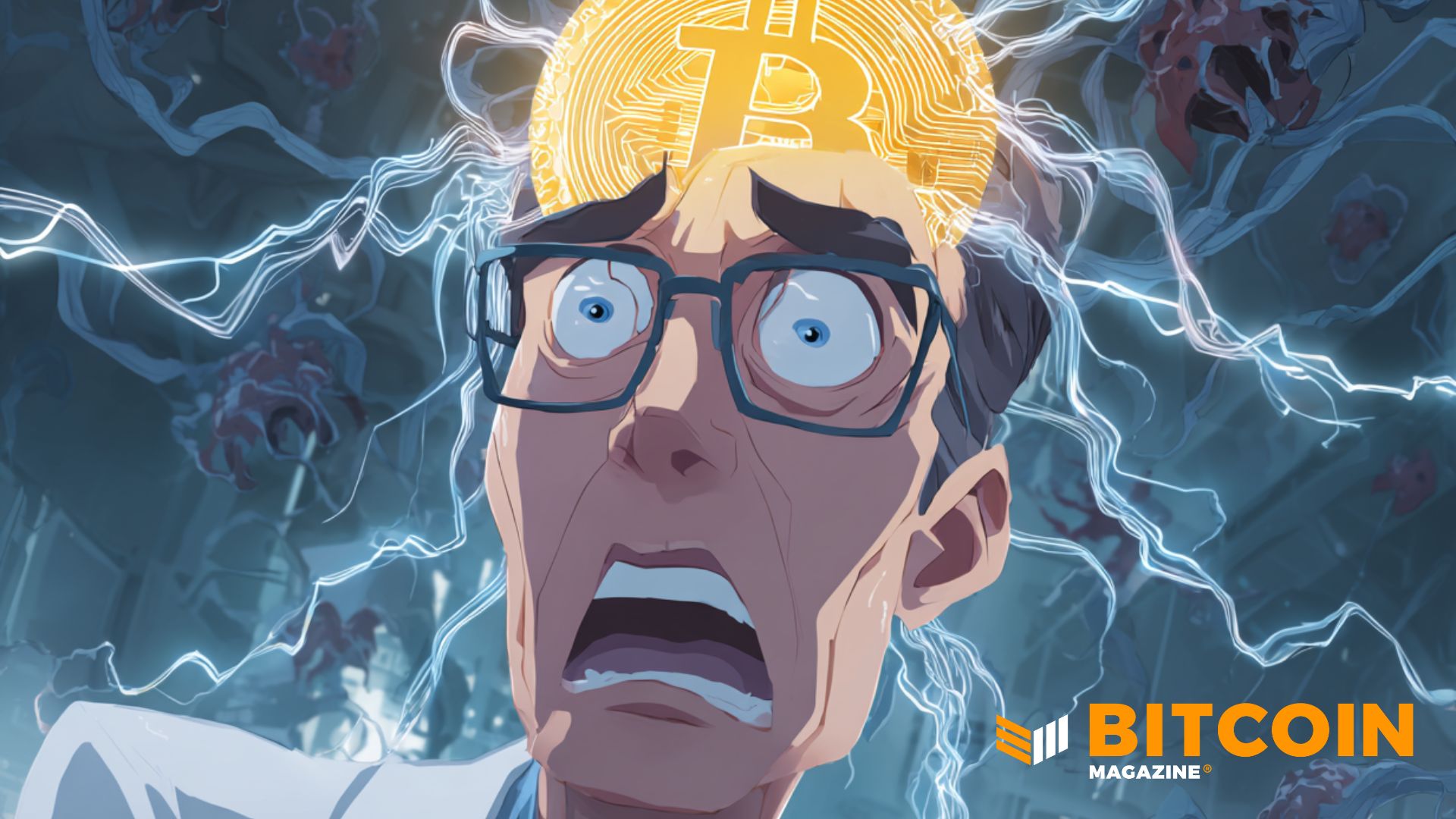
2018-12-6 23:56 |
The challenges of cloud computing are easily overshadowed by the fact that the market is going through a huge boom right now. The cloud computing sector is dominated by a small number of big tech firms including Amazon Web Services (AWS), Microsoft Azure, and IBM. AWS leads the pack in market share, but all of these companies are undergoing staggering growth. AWS reported 49 percent revenue growth in the first quarter of 2018, while Microsoft said its Azure revenue shot up 93 percent.
Sounds like good news? Perhaps, but even in a booming market, the challenges of cloud computing should not be underestimated. Here, we look at how the big tech firms are struggling to keep up with demand, and how decentralization could be one of the critical enablers for cloud computing of the future.
Why Is Cloud Computing in Such Vast Growth?One reason is the development of artificial intelligence (AI). AI algorithms rely on massive quantities of data. Until a few years ago, there just wasn’t the available computing power needed to run AI programs. Now, better hardware means that AI development is eating up computing power as quickly as it becomes available. One analysis showed that AI computing power consumption has doubled every three and a half months since 2012. Compare that to Moore’s Law, which had an 18-month doubling period.
Greedy AI robots ate all the computer pies. Image courtesy of Pixabay.
In light of AI’s voracious appetite for data and therefore computing power, the biggest challenges for cloud computing today are supply and demand. So as the demand increases, cloud computing providers must find ways to either increase their supply or manage the pricing to try and stem demand. They are doing both.
Challenges of Cloud Computing #1: Managing Supply and Demand with Existing Server CapacityCloud providers like AWS operate with tiered pricing. This model allows their clients to choose the type of computing power they need for particular jobs. AWS sells premium priced on-demand services that are always on for clients who need a continuous service. It also sells spot instances of cloud computing at variable prices. These work for clients who can queue jobs until there is available server capacity, so they can spend less.
So imagine a software company that’s got one product up and running, and is in the process of developing another. For the live product, the company operates a web-based customer service chatbot for its clients. For the product under development, they need to run some tests but they are fairly flexible in when the tests can be run as they can just queue them to run overnight if needed.
This company buys an on-demand service for its chatbot, so the bot is always available for their clients. For the developing product, they bid on spot instances. They stipulate the maximum limit they will pay for the server capacity. Their cloud computing provider prices server availability according to real-time demand. Once the price of computing power falls below the threshold value our software company has set, their test jobs start to run. If demand goes up partway through a job, the price increases again and their provider diverts power elsewhere.
The client saves up to 90 percent over the premium on-demand price by using the spot instances for flexible jobs. However, not all clients are able to be so flexible with their computing power needs. Plus, this solution only manages existing demand, it doesn’t address the massive growth in demand.
Challenges of Cloud Computing #2: Growing Capacity with More Data CentersCloud computing providers run on data centers. So, to address the capacity challenges of cloud computing, a provider can just build more data centers, surely?
They can, but data centers demand huge supplies of energy. One report from 2016 estimated that the world’s data centers had used more energy than the entire UK in the preceding year. It also highlighted a Japanese study that estimated that data centers in the country would consume the entire national electricity supply by 2030 if growth continued uninterrupted.
So, just building more data centers can’t be the only solution.
Future Outlook: Decentralization
Decentralization could offer a solution. Distributed networks of computers could work together to provide idle capacity to those in the network who are prepared to pay for it. So, say you own a GPU for mining cryptocurrencies, but you aren’t using it right now. Perhaps Bitcoin mining has become unprofitable in the depths of a price slump. You could put that GPU to use on a distributed cloud computing network. Someone would pay you in digital tokens so that they can use your GPU power to help drive their AI development testing.
DeepBrain Chain is one of the blockchain projects that is aiming to achieve this and is targeted directly at the burgeoning market for AI computing power. In DeepBrain Chain, anyone can earn tokens by contributing their idle computing capacity, which is sold on to AI developers.
Tatau is a similar but newer blockchain project that uses this concept of decentralized computing power for AI.
Decentralization offers a real solution to the problem of data center overdevelopment, as it doesn’t require bringing in new hardware. It’s also more flexible at managing fluctuations in capacity, as there are many smaller operators in the network. Once a data center is built, it has to be used to be efficient, whereas a decentralized computing network has more resilience to idle capacity.
This is just one scenario. Although, there could be plenty of other opportunities for blockchain and cloud computing in the future.
Quantum ComputingQuantum computing offers a further opportunity to solve the challenges of cloud computing. These computers utilize the ability of subatomic particles to exist in multiple states at the same time. A standard bit of data can only exist in one state at a time, either 1 or 0. A quantum bit, or qubit, can exist in two states simultaneously. This dual state allows them to hold vastly more data than a traditional bit.
Quantum computers could be the future of the cloud
Quantum computing is still in its early days. However, two of the cloud providers, IBM and Alibaba, have now launched their own quantum computers. One startup, Rigetti, is working towards launching its own Quantum Cloud Services. So, quantum cloud computing could be here sooner than we realize.
ConclusionCloud computing is definitely here to stay. However, the challenges of cloud computing will soon weigh upon the existing operators if they try to maintain the status quo. Of the scenarios listed here, the future will likely include a hybrid of different models including existing infrastructure, decentralized networks and quantum computers at least for a while. With AI placing ever-increasing demands on the cloud, we need these alternatives sooner rather than later.
Featured image courtesy of Pixabay.
The post The Challenges of Cloud Computing and How Blockchain Can Help appeared first on CoinCentral.
origin »Bitcoin price in Telegram @btc_price_every_hour
Cloud (CLD) на Currencies.ru
|
|






















